How to Make the Most of Your Vacation Fund
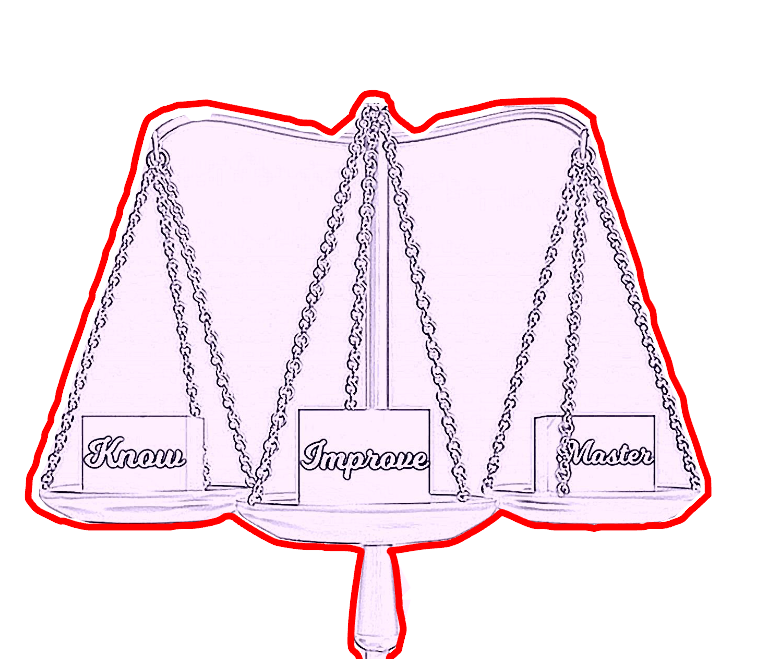
.
.
Hey there!
I know how exciting it is to plan a vacation, but let’s be honest—traveling can be stressful when it comes to budgeting. You want to explore new places, create unforgettable memories, and truly relax without the constant worry of overspending.
I’m here to help you make the most of your vacation fund so you can enjoy every moment without any financial regrets.
Let’s dive into some practical tips that can make your next trip not only affordable but also the best it can be.
.
1. Set a Travel Budget: Know Your Limits and Plan Around Them
The first step in planning any trip is setting a travel budget.
It sounds simple, but it’s often the most overlooked part of travel planning. Before you start daydreaming about sipping margaritas on a beach, take a realistic look at your finances. How much can you afford to spend on this trip without putting yourself in a tight spot?
Why It’s Important:
Knowing your budget helps you make smart decisions and prevents you from overcommitting financially. It’s easy to get caught up in the excitement and end up spending more than you planned.
How to Do It:
– Start by reviewing your current financial situation. Look at your savings, monthly expenses, and any upcoming financial commitments.
– Decide on a total amount you’re comfortable spending, including everything from flights and accommodations to meals and activities.
– Break down your budget into categories: travel, lodging, food, activities, and miscellaneous expenses.
.
2. Research Destinations: Choose a Spot That Fits Your Budget
Once you’ve set your budget, it’s time to pick your destination. This is the fun part! But it’s also where things can get tricky. We all have dream destinations, but sometimes those places can be out of reach financially. The good news is that there are plenty of amazing places that won’t break the bank.
Why It’s Important:
The destination you choose will significantly impact your overall costs. Some places are naturally more expensive, while others offer a great experience for less.
How to Do It:
– Research different destinations and compare the cost of living, exchange rates, and average travel expenses.
– Consider lesser-known locations that offer similar experiences to popular tourist spots but at a fraction of the cost.
– Use travel forums, blogs, and social media to get an idea of what people are spending on their trips to these destinations.
.
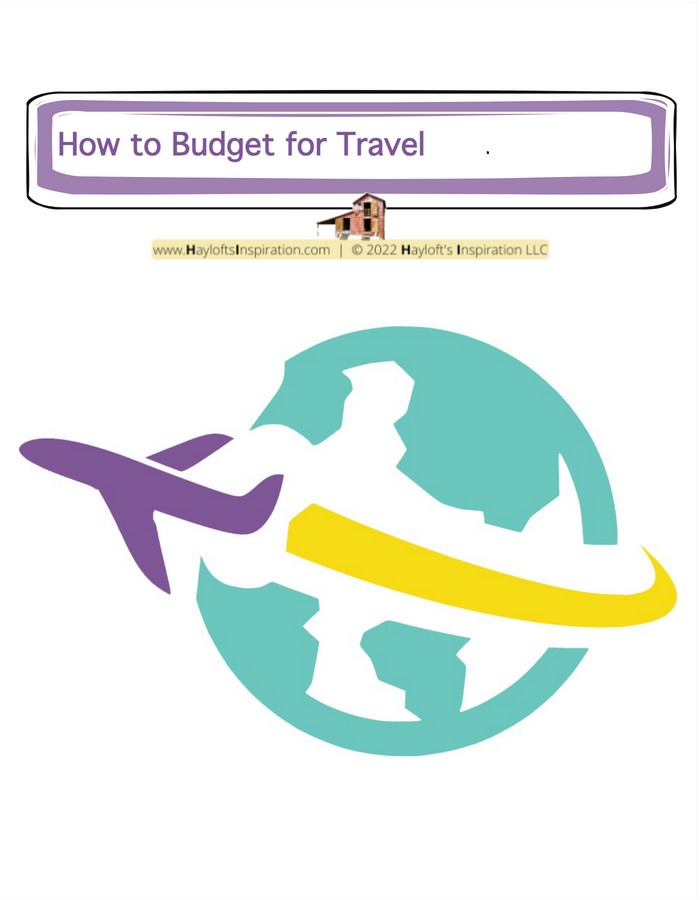
.
3. Book in Advance: The Early Bird Really Does Get the Worm
Booking your flights, accommodations, and activities well in advance can save you a lot of money. This is one of the best ways to stick to your travel budget and still enjoy all the perks of your trip.
Why It’s Important:
Prices for flights and hotels tend to increase as the travel date approaches. By booking early, you lock in lower rates.
How to Do It:
– Set up price alerts for flights and hotels to get notifications when prices drop.
– Book accommodations and activities as soon as you know your travel dates. Look for deals that offer free cancellation in case your plans change.
– Consider booking directly through airlines or hotels, as they sometimes offer better rates than third-party sites.
.
4. Travel Off-Peak: Get More for Your Money
Timing is everything when it comes to travel. Traveling during off-peak seasons can save you a significant amount of money on everything from flights to accommodations.
Why It’s Important:
Off-peak travel means fewer crowds, lower prices, and often better service. You get to enjoy the same destination but at a lower cost and with more tranquility.
How to Do It:
– Research the off-peak seasons for your desired destination. This usually means avoiding major holidays, school vacations, and high-tourism months.
– Consider traveling in the shoulder season (just before or after peak season) when prices are lower, but the weather is still good.
– Be flexible with your travel dates. Even shifting your trip by a few days can result in substantial savings.
.
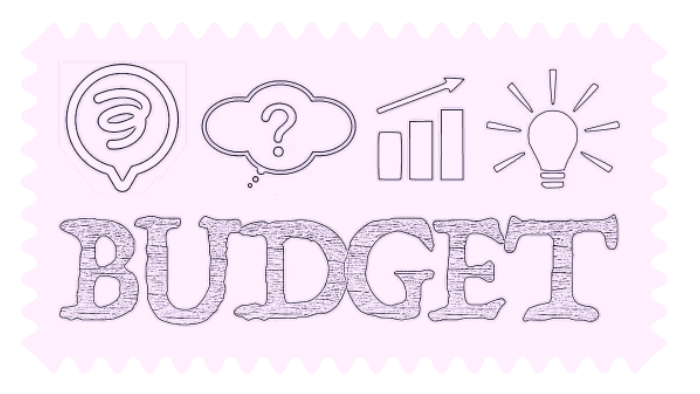
.
5. Use Points and Miles: Let Your Travel Rewards Work for You
If you use a credit card that offers travel rewards, now’s the time to cash in those points and miles. These can drastically reduce the cost of your trip.
Why It’s Important:
Travel rewards can cover a large portion of your travel expenses, leaving more room in your budget for experiences.
How to Do It:
– Review your credit card rewards to see what you’ve accumulated. Points can often be redeemed for flights, hotel stays, and even car rentals.
– Look for promotions that offer bonus points or miles when booking through specific platforms.
– Combine points and miles with cash to stretch your travel budget even further.
.
6. Prioritize Experiences: Spend Wisely to Create Lasting Memories
When it comes to travel, it’s easy to get caught up in luxury hotels and fine dining. But if you’re on a budget, it’s more important to prioritize experiences over things.
Why It’s Important:
Experiences are what make a trip memorable, not the thread count of your hotel sheets or the price tag of your meals.
How to Do It:
– Allocate more of your budget to activities and experiences that are unique to your destination, like guided tours, museum visits, or local cooking classes.
– Choose accommodations that are comfortable but not extravagant. Remember, you’ll spend most of your time exploring, not in your hotel room.
– Eat like a local. Street food, local markets, and casual eateries can offer authentic dining experiences at a fraction of the cost.
.
7. Keep an Emergency Fund: Prepare for the Unexpected
No matter how well you plan, unexpected expenses can come up during a trip. That’s why it’s crucial to set aside a small emergency fund.
Why It’s Important:
Having an emergency fund means you won’t have to dip into your main travel budget or return home to financial stress.
How to Do It:
– Set aside a small percentage of your travel budget as an emergency fund. This could cover anything from unexpected medical expenses to last-minute itinerary changes.
– Keep this fund in a separate account or in cash, so it’s easily accessible but not tempting to spend.
– If you don’t use the fund, consider it a bonus and use it for something fun on your last day or save it for your next trip.
.

.
In summary…
I hope these tips help you feel more confident in planning your next trip.
.
Your takeaway…
The key is to start with a realistic budget that allows you to enjoy your vacation without the stress of overspending. By making smart decisions, you can create unforgettable experiences without breaking the bank.
.
Now your turn. Share in the comments…
So, why wait? Start planning your next adventure with these tips in mind, and make the most of your vacation fund!
Hmm, maybe we are planning to go to the same destination? Where would you like to go?
.
.

.
.
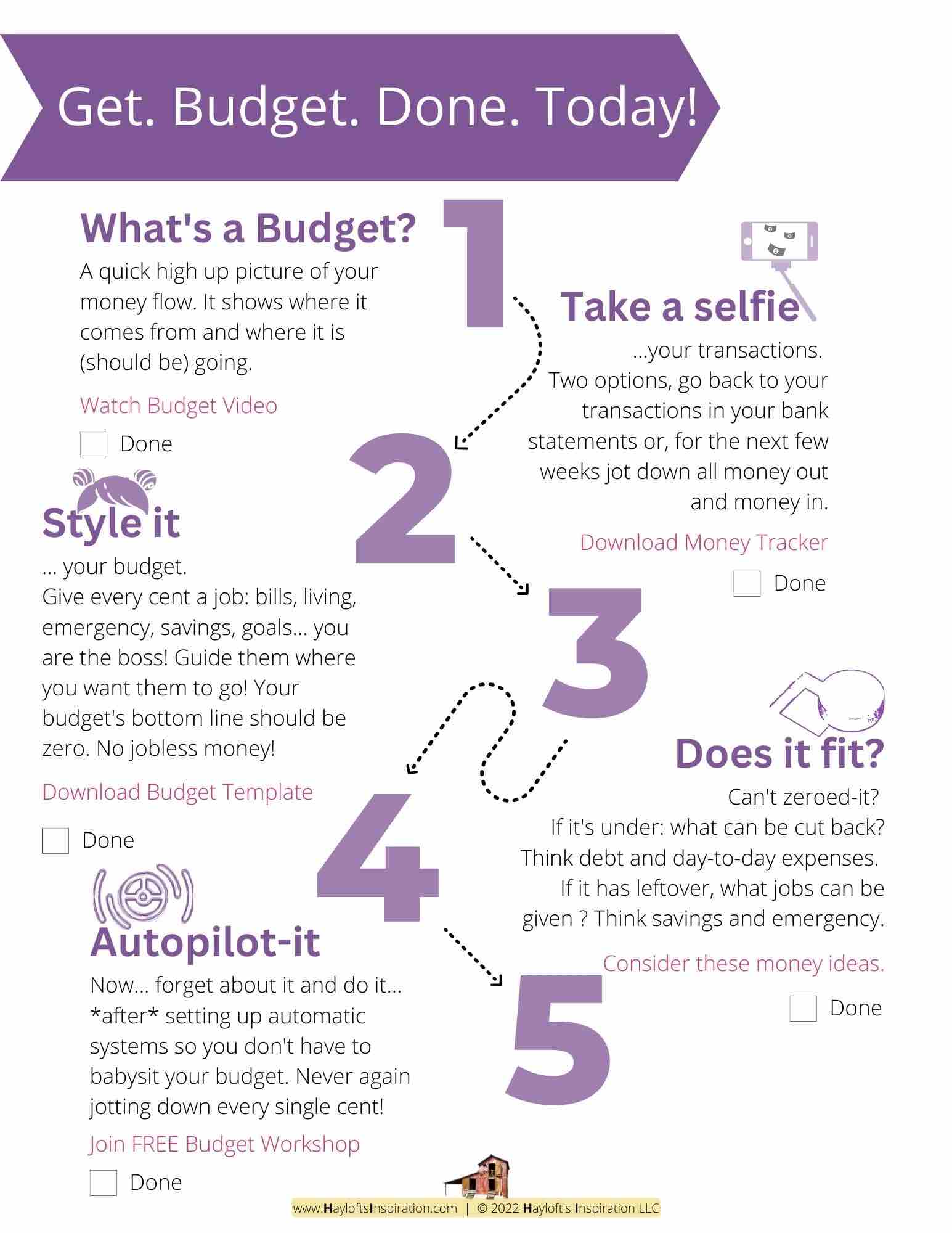
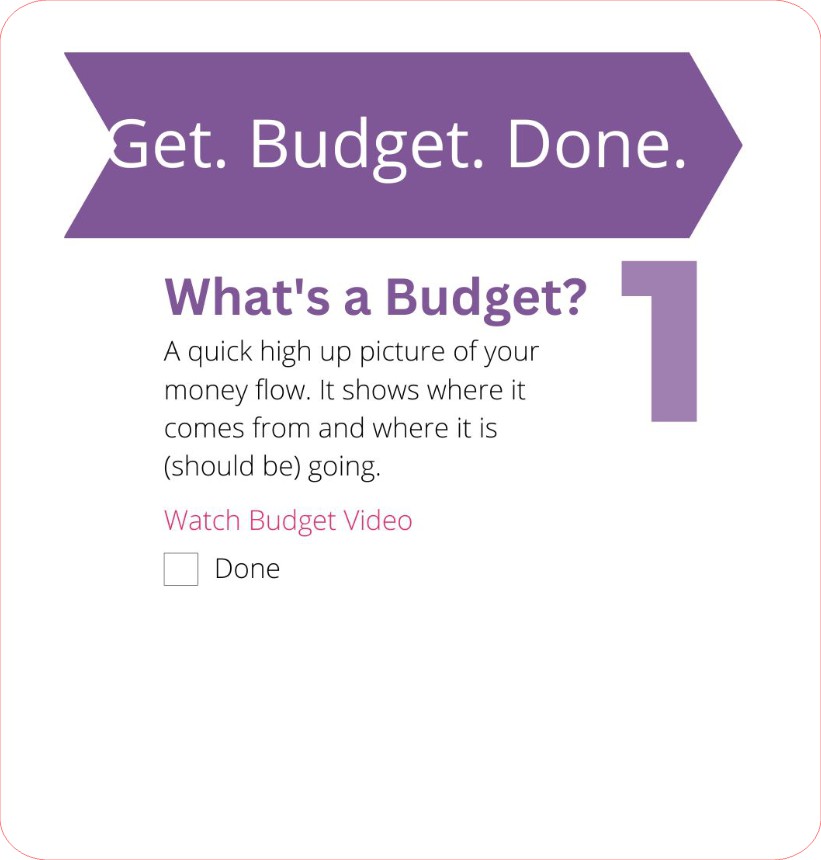
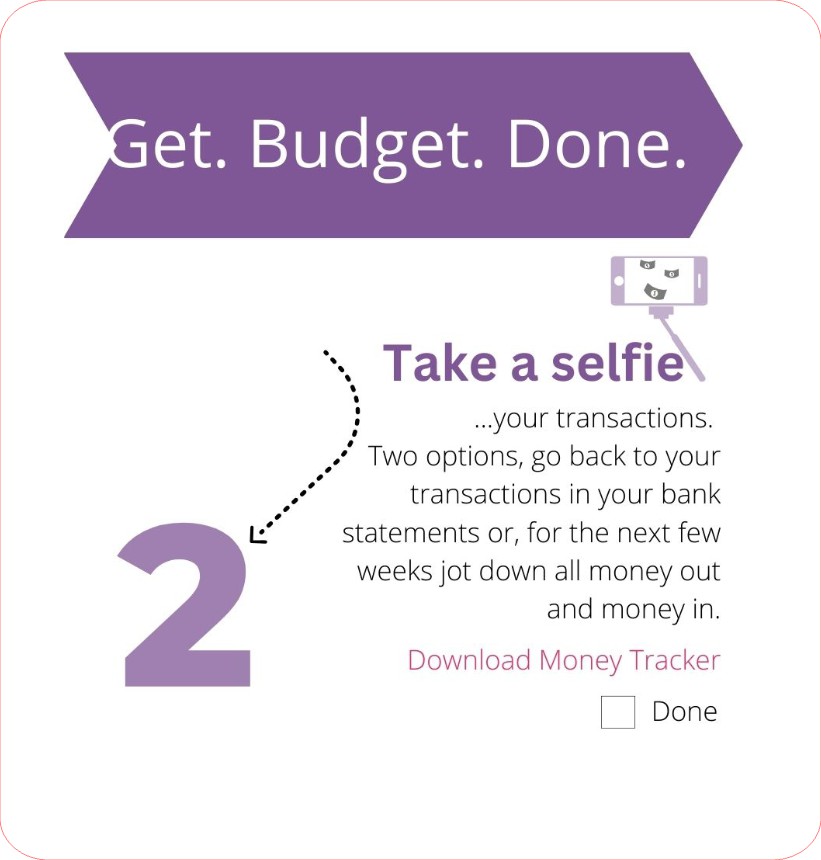
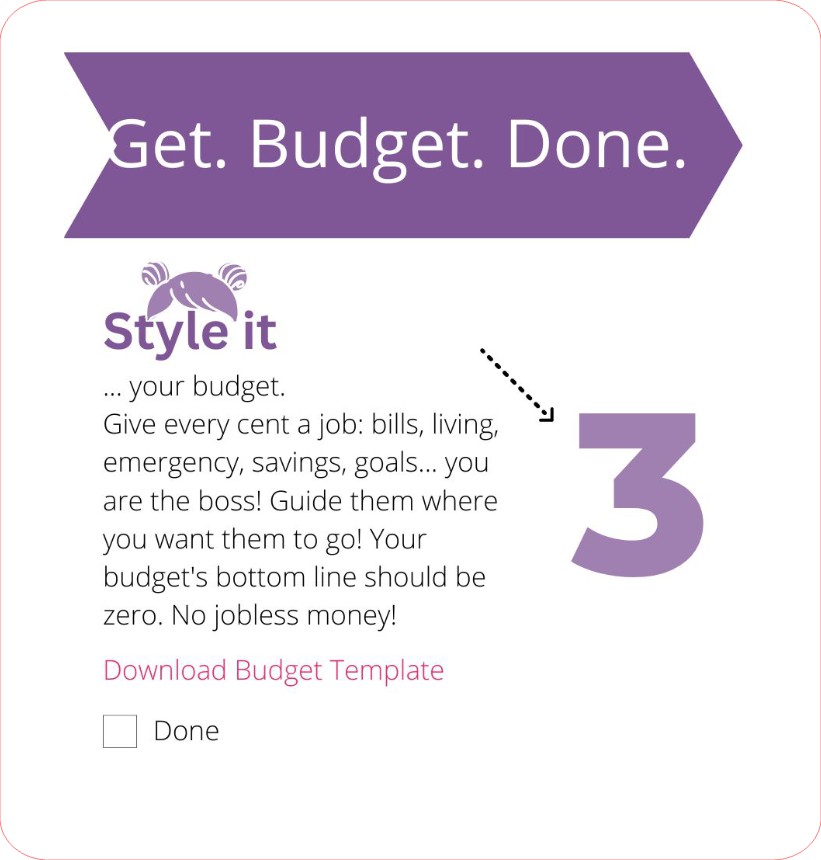
+ View comments
+ Leave a comment